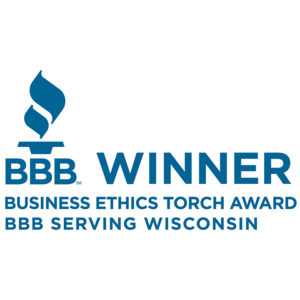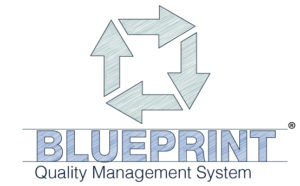Complaints are always taken seriously at State Collection Service and it has been that way since our inception sixty seven years ago. While we all strive to provide the best service and seek 100% satisfaction from our customers, complaints are inevitable in the industry we serve. It is our belief that complaints, supported or unsupported, may reflect issues with communication (for example, how we say something) or a process and are opportunities for training and improvement; or, where the complaint is unfounded, confirmation that we are handling accounts in the appropriate fashion. How a service provider receives, acts, and responds to complaints is an important process that can ultimately lead to minimizing complaints.
The service provider is not alone in believing that a complaint tracking process is essential to running a successful business. The Consumer Financial Protection Bureau, created to regulate and oversee certain segments of the financial services market, tasks collection agencies with ensuring that creditors and their agencies are responding to and addressing consumer complaints about collection accounts. A consumer complaint, as defined by the CFPB, is a “submission[] that express[es] dissatisfaction with or communicate[s] suspicion of wrongful conduct by an identifiable entity related to a consumer’s personal experience with a financial product or service.” The CFPB’s use of terms like “expressions” of dissatisfaction and the communication of a “suspicion” of wrongful conduct reflect the CFPB’s desire to capture, in the broadest sense possible, all types and varieties of consumer concerns and a direction by the CFPB to collection agencies to be generous and broad in its interpretation of complaints it receives from consumers. With that context, we want to share with you our complaint process and tracking system (or what we call our “Consumer Response System”).
Every State Collection Service employee is charged with reporting complaints, wherever they come from – telephone, in person, a client, our website, state and federal regulators, or by mail. All complaints are logged into our complaint tracking software (we happen to use industry specific software called CastIMS). Each complaint is categorized, including where it originated from, the reason for the complaint, the client’s name and, ultimately, the cause. Once entered into CastIMS, it is assigned to the appropriate person for follow-up. That person could be the account representative’s supervisor or manager, someone in the Compliance Department, or an individual in our Client Services Department. Part of the follow-up includes a comprehensive review of the account, including applicable call recordings, correspondence, and previous handling of the account. The follow-up is documented in CastIMS.
Depending on the circumstances, coaching opportunities are noted and, if there is an issue with a process or a systemic issue, additional items will be logged into CastIMS. For instance, if there is an established need for training, a training request is created and followed through to completion. As another example, if a process could be improved, a ticket is opened to adjust the process. Each new item opened is linked directly to the complaint that gave rise to the improvements. In that way, we can see, and just as importantly show, that complaints are not only resolved at the individual level, but also resolved in a systemic way where applicable.
While we deal with these issues internally, the CFPB indirectly requires us to communicate complaint information to our clients. With the CFPB’s direction to “close the loop” on complaints by reviewing the creditor’s possible role, we make a concerted effort to track not only complaints against us, but also expressions of dissatisfaction or suspicion of wrongful conduct that may relate back to our clients. For that reason, when we receive a complaint that possibly reflects a concern with creditor information, we communicate that concern with our client and keep open the internal ticket tracking the complaint until such time as we have confirmed the issue with the client and documented a response. By closing the loop with the client, we ensure that the CFPB’s concern regarding the accuracy of creditor information provided to collection agencies is addressed.
In addition to logging the specific issue, we are able to look at trends across clients, individuals, teams, and areas of concern. At a high level, this data is shared with the management team on a quarterly basis. Any company that is not tracking and using the data gathered from complaints is missing an opportunity to address deficiencies and improve processes both internally and externally with the client.
About State Collection Service, Inc.
Since 1949, State Collection Service has provided quality collection service to countless healthcare organizations.
Through experience and innovation, State Collection Service has grown to become a tremendously credible and nationally-recognized collection agency offering services from pre-registration to bad debt. It is upon the basis of ethical behavior and a dedication to integrity that each State Collection Service employee works to uphold the company’s vision – Partnerships for a Lifetime.
*This article first appeared in “A State Collection Service, Inc. Newsletter Volume 22, Issue 2, Second Quarter 2016”















